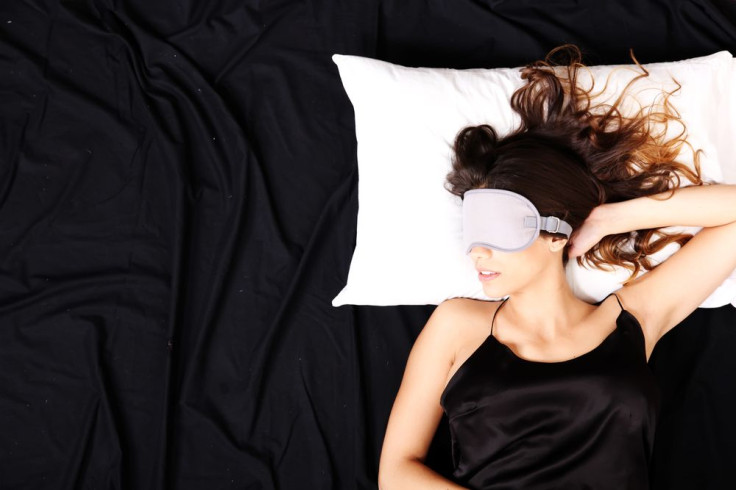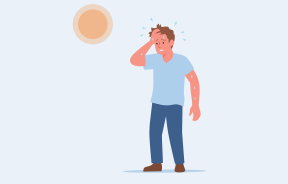Good Genes For A Good Night? How To Get The Most Of Your Sleep, With Or Without Genetic Luck

Genes control many aspects of who we are, from how we look to how we act. And now, as suggested by a recent Harvard study, genes may even influence how we sleep. A team of researchers have identified genes that may allow certain individuals sleep better and longer than others. But even if genes may set the blueprint, experts argue that the power to sleep well (or not) ultimately lies your hands.
In their study , now published in the online journal Molecular Psychiatry, the team from Harvard University analyzed the sleep patterns of 51,951 individuals from both European and African backgrounds. In doing so they were able to identify two genetic variations tied to sleep duration, and one of which was linked to about three minutes of extra sleep per night.
"Sleep patterns are influenced by genetic differences," study co-author Dr. Daniel Gottlieb, a sleep researcher and associate professor of medicine at Harvard Medical School explained, as reported by Healthday. "This study is one of the first to begin identifying these genetic differences, and will hopefully help us better understand the causes of sleep disorders and their relation to other important diseases."
Those that slept better also seemed to have lower levels of attention-deficit hyperactivity disorder and lower blood sugar levels, but the extent of these "sleep genes" influences on other aspects of our health is not yet completely understood.
It has long been observed that several aspects of sleep, such as when and how long people sleep, seem to run in families, but until now this observation has not been supported with scientific evidence. But even with a genetic component now identified, its actual influence over our sleep patterns are only minimal.
"The effect of these genes on sleep is tiny, accounting for no more than a few minutes of a total night's sleep," Jim Horne of the Sleep Research Center at Loughborough University in England cautioned in HealthDay. "There are numerous mechanisms, maybe hundreds, in the brain affecting our sleep one way or another, all of which will be coded by one or more genes. Those looked at here are just a very few.”
If you would like to increase your snooze time, there's more than one way to do it...and it doesn't necessarily involve your genes. In an interview with Kylie Sturgess, Professor Richard Wiseman from The University of Hertfordshire, and author of Night School, explained the many non-genetic factors that contribute to a good night’s sleep.
“Some of them are physical in terms of having a room at the right temperature, and no outside distractions, and so on, and others are psychological in terms of being in a relaxed state, and not being too anxious, and distracting your mind if there are thoughts going through it, and so on,” Wiseman explained .
Wiseman also suggested that, for many, the secret to getting more sleep lies in switching off technology.
“Although any type of light stops you feeling sleepy, research has shown that light towards the blue end of the spectrum is especially effective at keeping you awake because it suppresses the production of the sleep-inducing hormone melatonin,” he wrote in The Guardian.
Limiting exposure to artificial lights could help you to override your genetic disposition and allow you get the elusive “good night’s sleep.”
Still it’s best not to let the need to get a eight hours of sleep become an obsession. Dr. Andrew J. Westwood, assistant professor of Clinical Neurology Division of Epilsepsy and Sleep Disorder at Columbia University Medical Center recently told Medical Daily that this measurement is more of a guideline than a rulebook.
“If you can function during the day, then you’re getting enough sleep,” said Westwood. “The average person needs usually between seven and eight hours of sleep, but everyone is different. If you feel fine and can function well during the day on three hours of sleep, then you don’t need to worry.”
So to get a good night's rest, regardless of what’s written in your DNA, turn off the TV., put down your iPhone, and most importantly, relax.
Source: Gottlieb DJ, Hek K, Chen T-h, et al. Novel loci associated with usual sleep duration: the CHARGE Consortium Genome-Wide Association Study. Molecular Psychiatry. 2014
Published by Medicaldaily.com



























